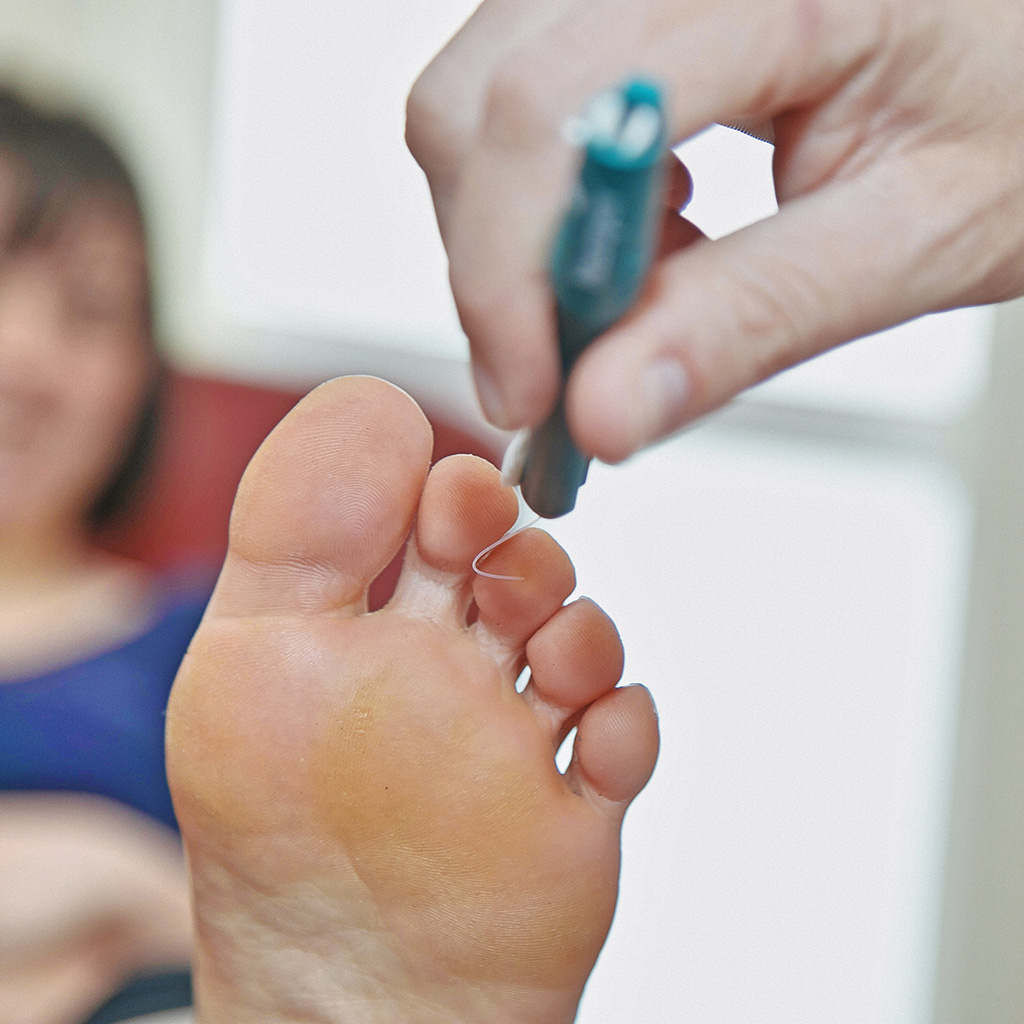Heel Pain For Children
What is Heel Pain in Children?
Heel pain in children is not uncommon and can often be attributed to Sever’s disease (calcaneal apophysitis), which is an inflammation of the growth plate in the heel. While it can be alarming for parents to see their child limping or avoiding activities, it’s important to understand this condition and how it can be effectively managed.
The Importance of Treating Heel Pain in Children
Children re naturally active, and pain the heel can significantly reduce their quality of life and enjoyment of everyday activities. Moreover, untreated heel pain can lead to an altered gait or posture, which in turn can cause issues in the knees, hips, and back. Early treatment helps to reduce pain, promote healing, and prevent compensatory habits that could lead to further injury.
Symptoms Of Heel Pain In Children
Look out for the following signs that may indicate your child is experiencing heel pain:
✔ Limping or walking on tiptoes
✔ Pain in the bottom or back of the heel
✔ Pain that increases with running or jumping
✔ Swelling or redness in the heel area
✔ Reluctance to participate in activities they usually enjoy

Our comprehensive diabetic foot assessments involve several key components:
✔ Neurological Examination:
We test the sensations in your feet to check for neuropathy. This is done through simple procedures such as the monofilament test, which assesses touch and pressure sensation.
✔ Vascular Assessment:
We evaluate the blood flow to your feet to identify any circulation issues. This includes palpating foot pulses and using a Doppler ultrasound device. We also test Toe Pressure and Brachial pressure to determine if there is any hardening or narrowing of the arteries.
✔ Dermatological Inspection:
We will examine the skin on your feet for signs of cracks, calluses, or infections such as fungus that may be more common among individuals with diabetes.
✔ Musculoskeletal Evaluation:
We assess the structure of your feet, looking for deformities such as bunions or hammertoes that can lead to complications.
✔ Footwear Review:
We evaluate your footwear to ensure it is appropriate for your feet and does not cause pressure points or contribute to the risk of skin breakdown.
✔ Education and Advice:
We provide you with personalised advice on daily foot care practices to help you manage your foot health effectively.
✔ Treatment Plan:
If any issues are identified, we’ll discuss a treatment plan with you, which may include referrals to other health professionals, or other necessary interventions.
The Happy Feet Podiatry Difference
Our approach to diabetic foot care is holistic and patient-centered. We understand that every individual’s needs are unique, and we tailor our assessments and treatment plans accordingly. Early detection and treatment are key to maintaining your mobility and quality of life.
